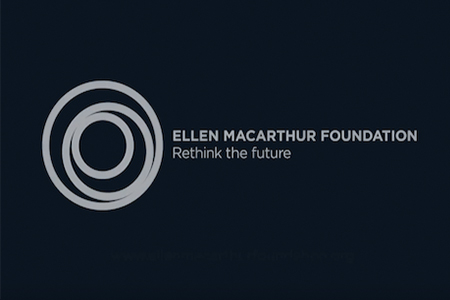
MacArthur Foundation aids the switch to sustainability
YarnsandFibers News Bureau 2020-08-13 12:50:10 – USAEllen MacArthur Foundation has unveiled a Circular Design ToolKit that combines various online resources to assist textile manufacturers to reduce the environmental impact of their operations.
Through this specific platform, the users can access educational materials, get in touch with industry experts and learn how to implement a circular economy.
The Foundation continues to pioneer and expand the premise of a circular economy pertaining to the fashion and textile manufacturing sectors.
They had launched the Make Fashion Circular initiative which had been endorsed by fast fashion brands, namely, Guess and Wrangler. They had also assisted in the launch of the Jeans Redesign Project.
The partnership with predominant brands such as Tommy Hilfiger, H&M and Gap among others has aided a more focused project with established guidelines on durability, material health, recyclability and traceability that denim firms need to aim to achieve.
The launch of this new toolkit only takes the brand further to re-enforce its goal by ensuring more number of stakeholders adopt manufacturing practices, which are deemed essential to end the mass-produced virgin grade manufacturing material that are resource-intensive when compared to the restating waste stock.
The key to achieving their goal is the level of education they manage to impart on the potential waste stream hold for new industrial applications. The foundation is keen to stream this area.
The users of the toolkit can navigate four key areas. The first step would be gaining knowledge on exploring the fundamentals which encourage the users to gain knowledge on the circular economy. This stage is set to inspire various leaders working in different design applications such as biometrics, architecture and urban planning.
The second area aims to address the applicant's implementation of the principals on the circular economy to their optimal capacity. It encourages them to approach design with circularity as a priority.
Another area of this Toolkit will connect stakeholders to knowledge exchange as they work towards a common goal. The final step is making the switch from conventional product manufacturing to a re-designed sustainable manufacturing process.
Market Intelligence
Ask for free sample Report

experience
Customer Base
dedicated team
Countries Served Worldwide









